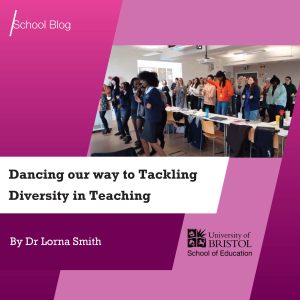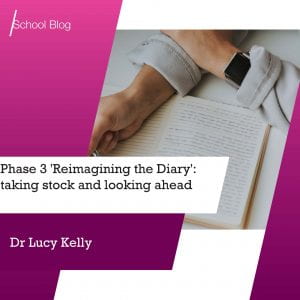Lucy Kelly, University of Bristol
Teachers in England are struggling. A recently released government report on the working lives of teachers found that teachers’ wellbeing levels are lower than the general population. More than half of the 11,177 teachers and school leaders surveyed said that their job was negatively affecting their mental health.
Teacher wellbeing should be addressed at a structural level. If the government wants teachers to enter the profession, and continue in it, then changes around pay, working conditions and support for teachers’ mental and physical health need to happen.
In the present moment, though, there are also steps teachers can take for themselves to prioritise their wellbeing. My research focuses on how keeping a diary can be useful to teachers. It can give them a safe place to define what wellbeing means for themselves and to explore what it means in practice. What’s more, there’s no reason why this practice couldn’t be helpful for others, too. (more…)

 By
By 